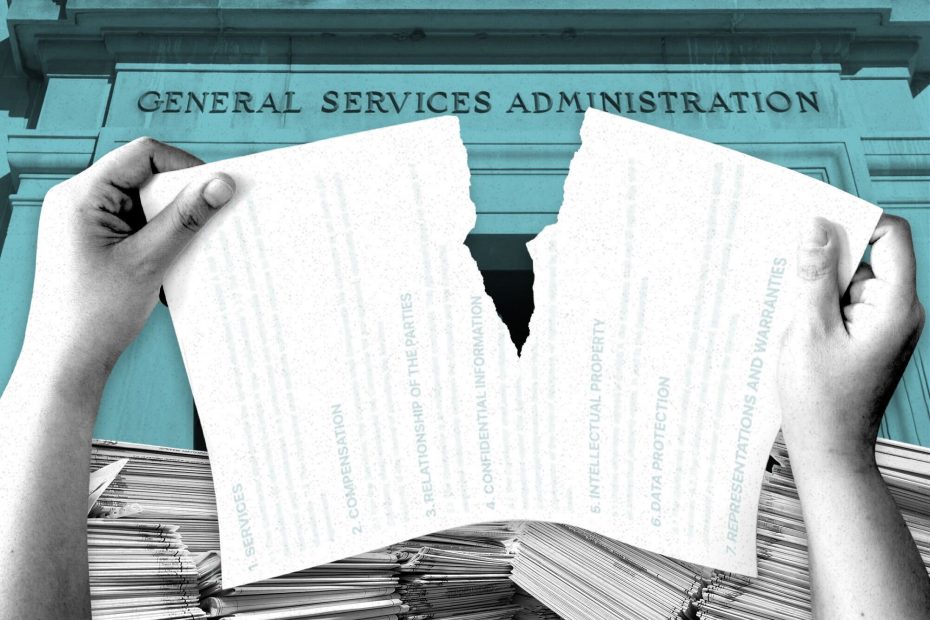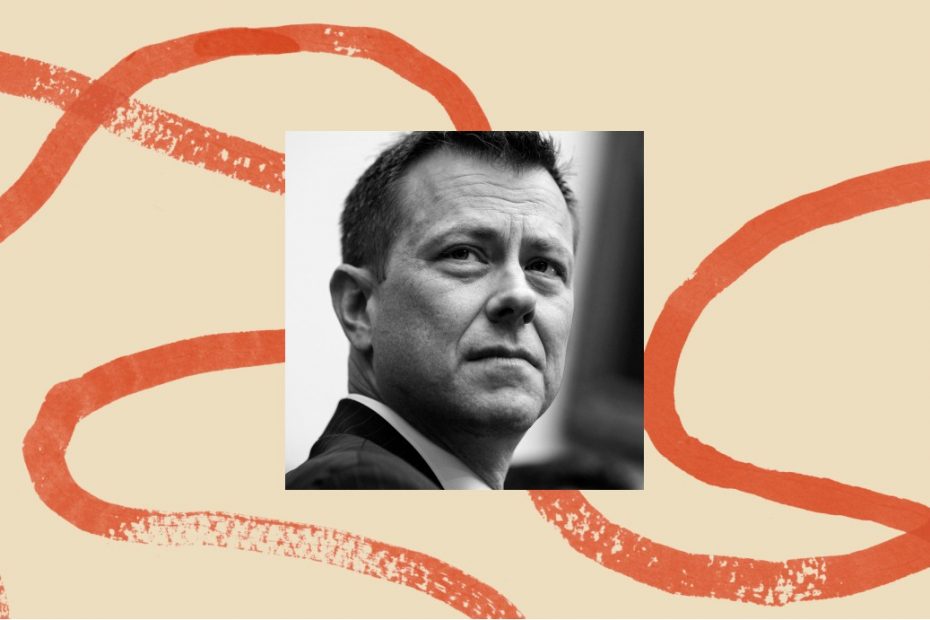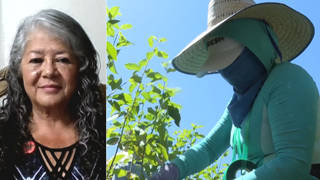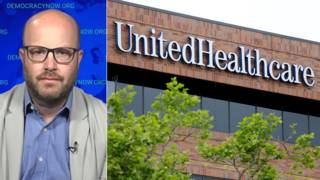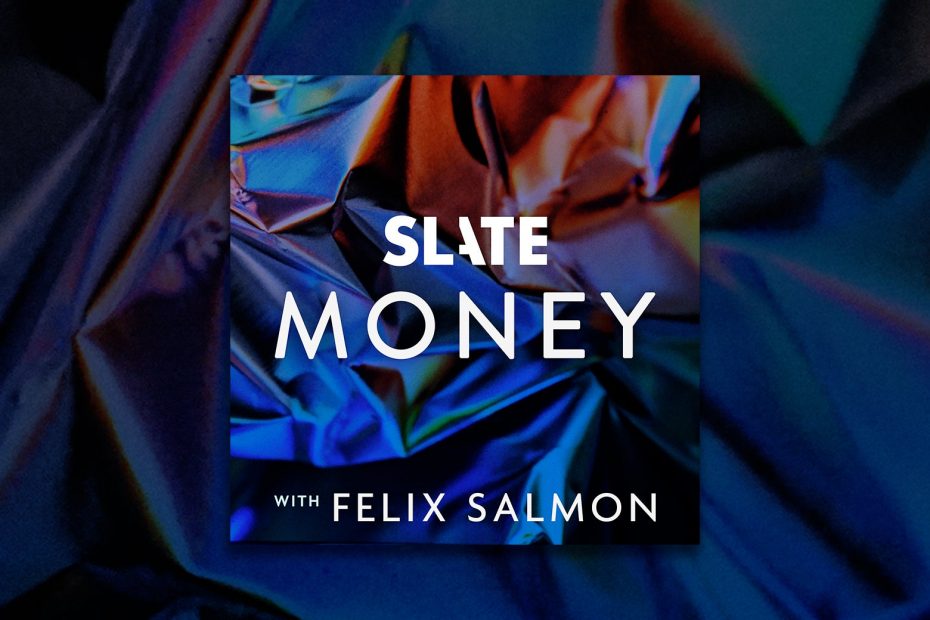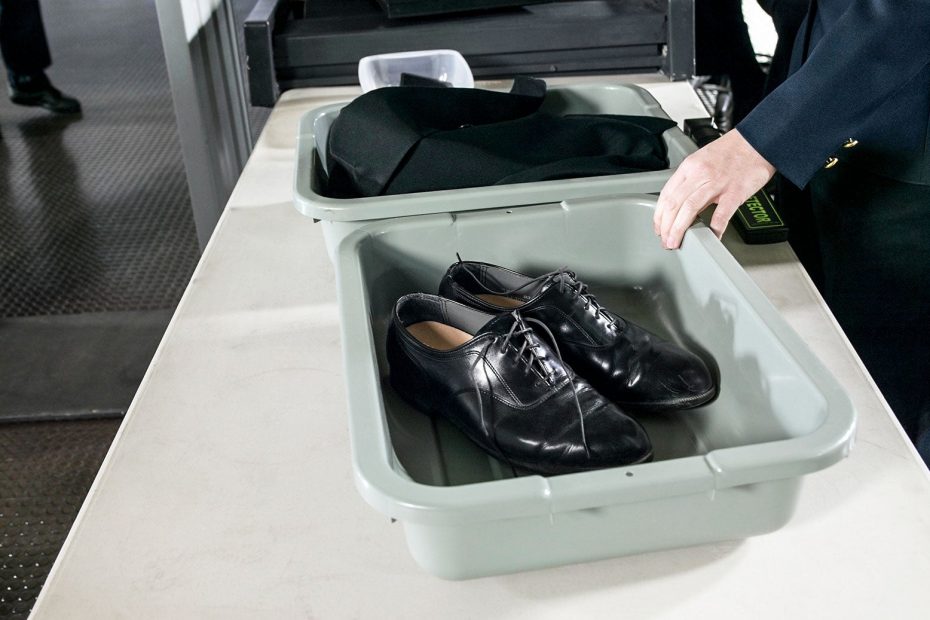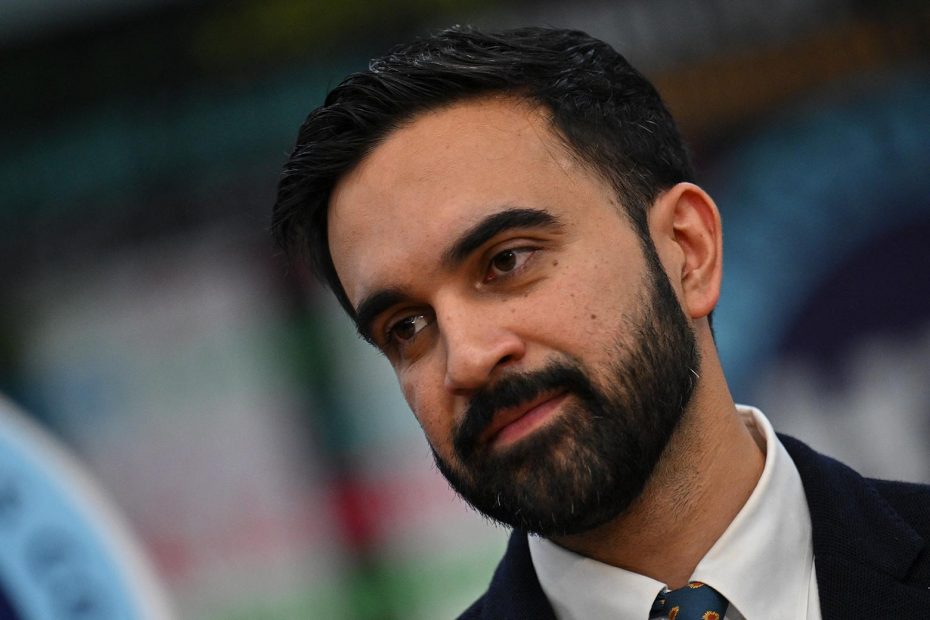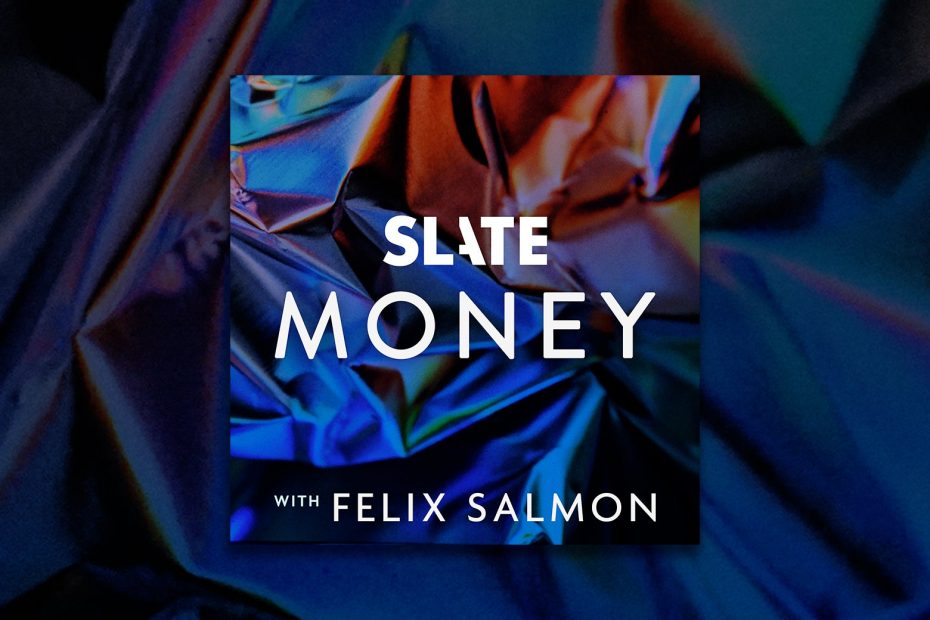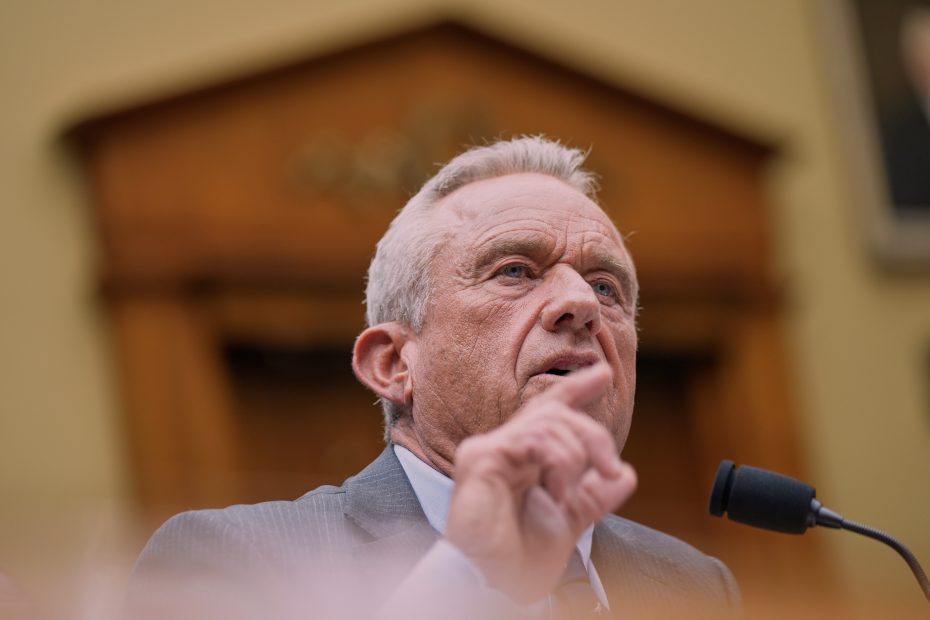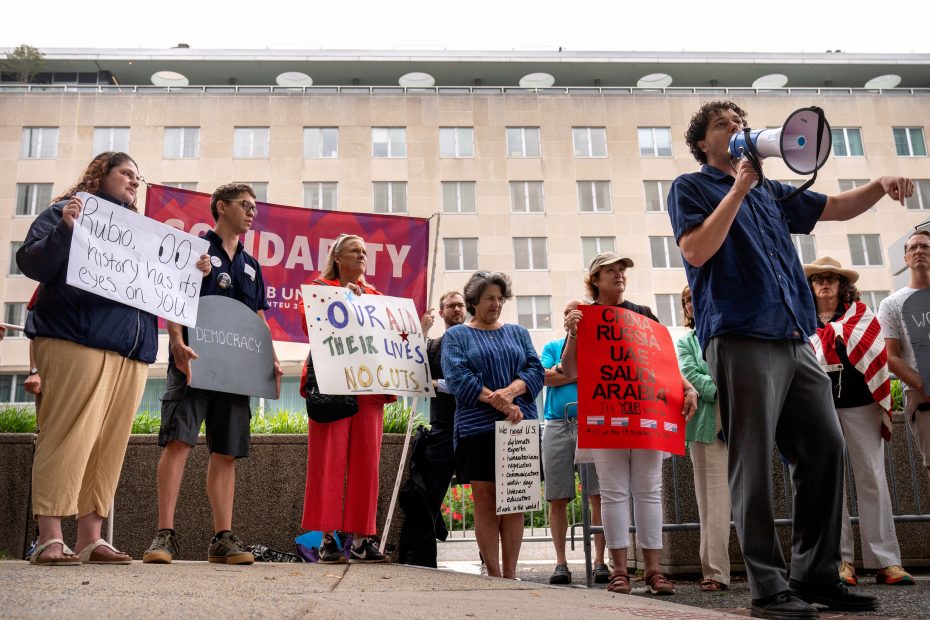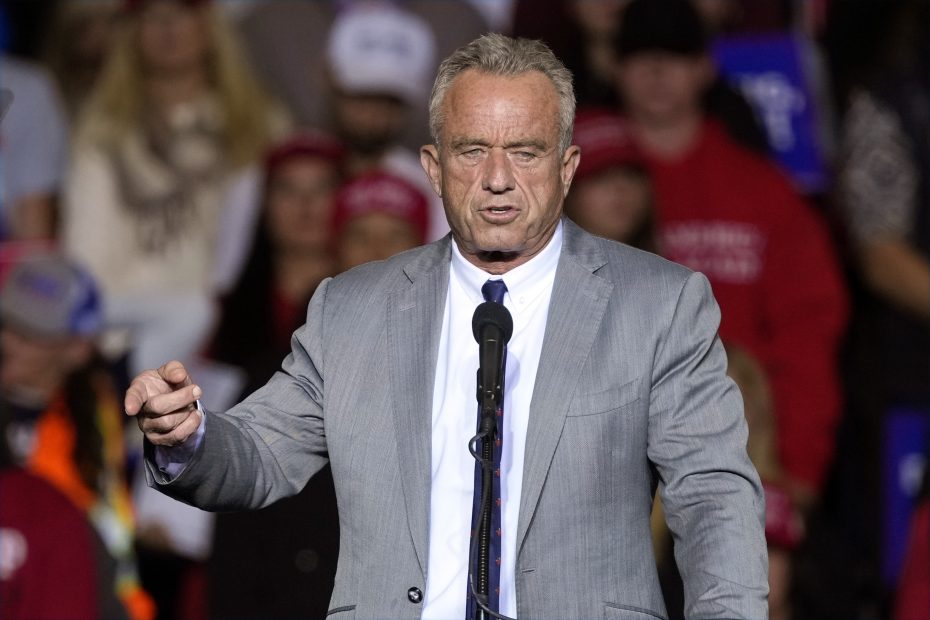Today's Liberal News
Is Aziz Ansari Sorry?
The Waves also discusses the Riverside Church controversy and the case of Sarah Milov.
Your Opinions on Her Wardrobe Are Probably Unwelcome
What we say matters, especially depending on whom we say it to.
What Role Does HR Play in the #MeToo Era?
The Waves also discusses the case against Jeffrey Epstein and Taffy Brodesser-Akner’s Fleishman Is in Trouble.
Trump is under water on some of his top issues — including immigration, poll shows
The president’s approval rating had been ticking upward since its biggest drop in April.
Trump’s contract-cutting blitz rattles a once-flourishing DC industry
The General Services Administration, which oversees government contracting, is leading a review of more than 20,000 consulting agreements for what is “non-essential.
“Purge Palantir”: Day of Action Protests Firm’s Role in Gov’t Surveillance, ICE & Genocide in Gaza
Protesters across the United States targeted Palantir Monday in a day of action focused on the technology company’s work with ICE, facilitating President Trump’s expanding immigration crackdown, and work with the Israeli military. New York police arrested at least four people Monday after demonstrators blocked the entrance to the company’s Manhattan offices.
How Trump Primed His Base to Turn Against Him
This is an edition of The Atlantic Daily, a newsletter that guides you through the biggest stories of the day, helps you discover new ideas, and recommends the best in culture. Sign up for it here.
In his first term, President Donald Trump was assiduous in courting his base of committed supporters, often at the expense of voters who were persuadable. Those decisions helped lose him the 2020 election.
Nobody (Not Even Trump) Can Control the Epstein Story
Donald Trump helped create a monster. Now he’d like for everyone to ignore it.
After years of sounding dog whistles and peddling outright conspiracism to work his supporters into a lather about global pedophile rings, Trump is telling those same people to move on. Earlier today, Trump posted on Truth Social that the Jeffrey Epstein conspiracy—a pillar of the MAGA cinematic universe—is a “hoax” and went so far as to disavow his “PAST supporters” over the issue.
The States Are Going Full RFK Jr.
Robert F. Kennedy Jr. has spent a lot of his time as health secretary on the road. Late last month, he spoke at an event in Baton Rouge and lamented how Americans have gotten sicker and sicker over the years. “When my uncle was president, I was a 10-year-old boy—we had the healthiest children in the world,” he said, flanked by supporters in green MAHA Louisiana hats.
Andrea Gibson Refused to ‘Battle’ Cancer
When the poet Andrea Gibson learned two years ago that their ovarian cancer was incurable, the news marked a turning point; Gibson would often say it led to some of the most joyous moments of their life.
Before the terminal prognosis, they were always afraid. They had severe anxiety and chronic panic attacks; they were petrified of the ocean; they couldn’t bring themselves to eat nuts on a plane, in case they turned out to have developed a new allergy and might suffocate in flight.
The Wrecking of the FBI
Subscribe here: Apple Podcasts | Spotify | YouTube | Overcast | Pocket Casts
On this episode of The David Frum Show, The Atlantic’s David Frum opens with a warning about President Donald Trump’s decision to shut down the conversation around the federal investigation into Jeffrey Epstein. Frum explains why Trump’s move has triggered backlash from parts of his own base and why it reveals a deeper political fracture inside the MAGA movement.
“Farmworkers’ Voices Are Not Being Heard”: UFW President Teresa Romero on ICE Raids & Workers’ Lives
The Trump administration’s mass deportation machine continues to shatter families and communities with violent, indiscriminate raids on schools, homes and workplaces. Farms are a particular target of its brutal, racist crackdown; around two-thirds of U.S. farmworkers are immigrants, largely from Mexico. Earlier this month, a raid on a farm in California turned fatal when 57-year-old Jaime Alanís died after falling from the roof of a greenhouse.
New Release of Bob Dylan’s “Hard Rain” as Nobel Winners Warn of Nuclear Risk on Trinity Test 80th Anniversary
On July 16, 1945, the United States carried out the Trinity test, the world’s first nuclear detonation. Today, 80 years later, the University of Chicago — the site of the first self-sustaining nuclear chain reaction — is host to the Nobel Laureate Assembly for the Prevention of Nuclear War, an event that brings Nobel laureates and nuclear experts together to confront the growing global risk of nuclear war.
Disappearing Video, Legal Threats: How UnitedHealth, Largest U.S. Health Insurer, Silences Critics
In a major new New York Times exposé on health insurance behemoth UnitedHealth, deputy investigations editor David Enrich reveals how the largest insurer in the country works to intimidate and silence critics of its often predatory and exploitative treatment of patients. While “companies do this kind of stuff all the time,” Enrich says, UnitedHealth’s lawyers “were really going after some fairly obscure stuff, and that suggested to me that this was a campaign of desperation.
Yes, We Have to Actually Worry About Tariffs Again
They’re risky for the president politically—and for your own bank account.
It Was One of the Worst Parts About Air Travel for 19 Years. It’s Finally Gone.
The shoeless shuffle through security lines is finally over.
Zohran Mamdani Has Some Good Ideas for NYC Transit. His Biggest Promise Isn’t One of Them.
Riders don’t want buses to be free. They want something else.
Money Talks: The Hidden Homeless
Brian Goldstone on the unrecognized population of full-time workers in America without stable housing.
The megabill’s Medicaid cuts shocked hospitals, but they may never happen
The most painful health care provisions in the new Republican law don’t take effect for years, giving lobbyists plenty of time to undo them.
Dentists are struggling to counter RFK Jr. on fluoride
Red states are banning the tooth-protecting mineral, while blue state skeptics aren’t budging.
Supreme Court disabuses federal workers who thought their jobs were safe
Civil servants told POLITICO they’re anxious and exhausted, but holding out hope their lawyers can still save their jobs.
The 2025 measles outbreak is largest in 3 decades
The CDC says cases have reached nearly 1,300, the most since 1992.
Trump admin asks staff to report cases of bias due to DEI directives
It seeks information on employees who quit or faced discipline during the Biden administration for refusing to execute DEI orders, according to an email obtained by POLITICO.
Is Aziz Ansari Sorry?
The Waves also discusses the Riverside Church controversy and the case of Sarah Milov.
Your Opinions on Her Wardrobe Are Probably Unwelcome
What we say matters, especially depending on whom we say it to.
What Role Does HR Play in the #MeToo Era?
The Waves also discusses the case against Jeffrey Epstein and Taffy Brodesser-Akner’s Fleishman Is in Trouble.






